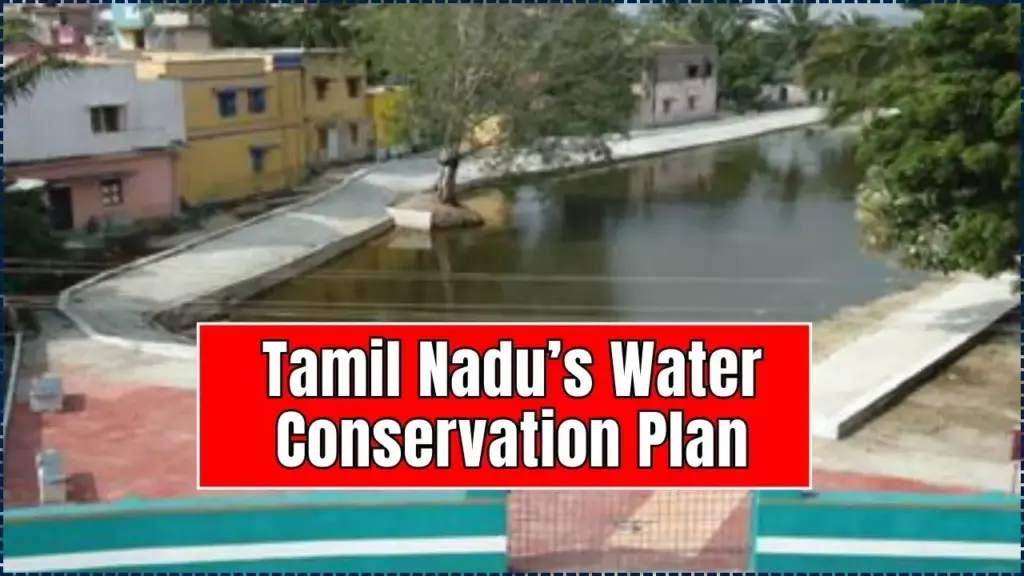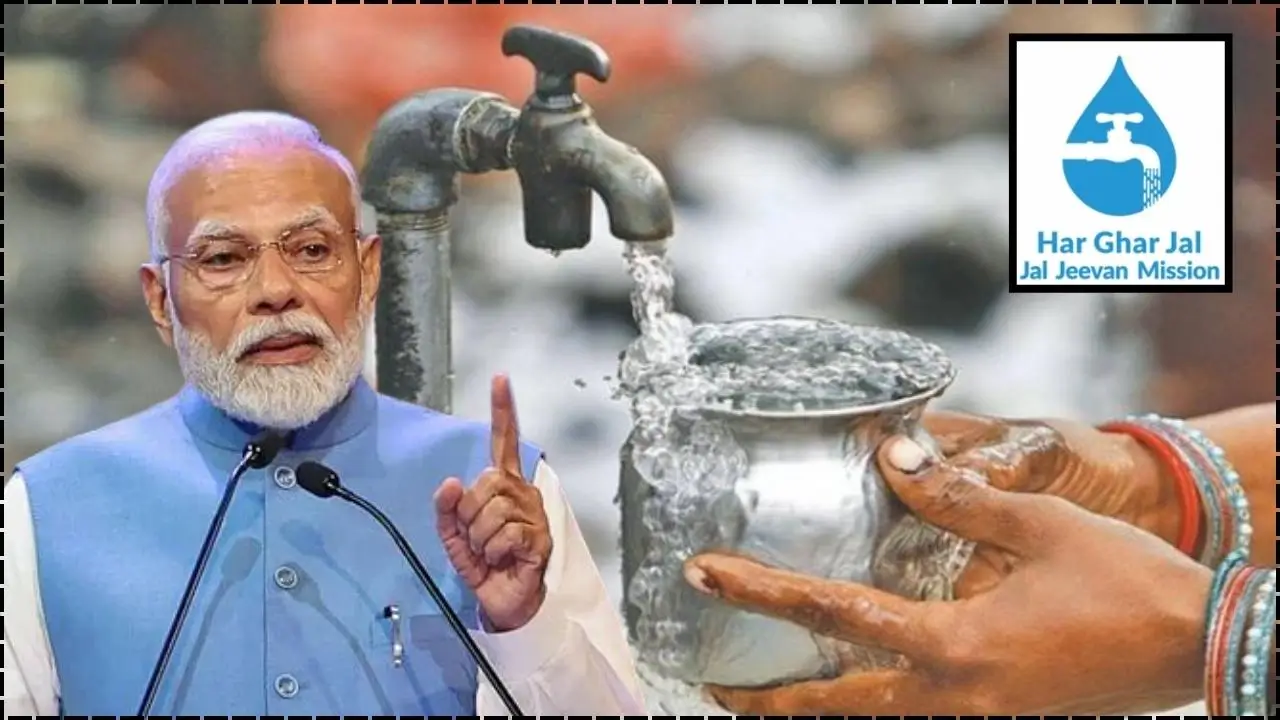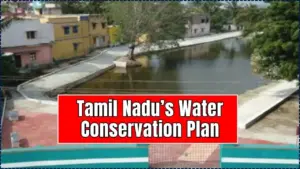Tamil Nadu is intensifying its efforts to address water scarcity and enhance agricultural sustainability through a series of innovative water conservation initiatives. These schemes aim to improve irrigation efficiency, restore traditional water bodies, and promote sustainable farming practices, thereby benefiting farmers across the state.
The government of Tamil Nadu is demonstrating a deep commitment to the well-being and security of its farming communities through its comprehensive water conservation strategies, which are designed to guarantee sustainable water availability and foster resilient agricultural livelihoods.

By thoughtfully integrating the wisdom of traditional practices with modern, efficient water management techniques, the state is acting to shield millions of farmers from the devastating effects of drought and water scarcity. This vital work ensures that the backbone of the economy can remain productive and stable, securing both the dignity of those who feed the state and the future food security for all citizens.
Key Water Conservation Initiatives in Tamil Nadu
1. Micro-Irrigation Projects
The state government is implementing micro-irrigation projects under the Pradhan Mantri Krishi Sinchayee Yojana (PMKSY), focusing on water-efficient techniques like drip and sprinkler irrigation. These projects aim to reduce water wastage and increase crop yields, particularly in water-scarce regions. Farmers adopting these methods can receive subsidies covering up to 85% of the installation costs, making the transition to efficient irrigation more accessible.
2. Kudimaramathu Scheme
Reviving traditional water management practices, the Kudimaramathu Scheme involves community participation in restoring and maintaining minor irrigation tanks and lakes. This initiative not only enhances water storage capacity but also promotes sustainable water use practices among local communities. The scheme has been instrumental in improving groundwater levels and ensuring reliable irrigation sources for farmers.
3. Restoration of Water Bodies
The government is undertaking the restoration of 100 water bodies across the Chennai and Madurai regions with an investment of ₹111 crore under PMKSY. These efforts include desilting, bund strengthening, and removing encroachments to ensure the longevity and effectiveness of these water sources. The restoration aims to secure “encroachment-free” certification from the Ministry of Jal Shakti, ensuring that these water bodies remain viable for agricultural use.
4. Athikadavu-Avinashi Groundwater Recharge Project
This ambitious project channels surplus water from the Bhavani River to recharge groundwater levels in Coimbatore, Tiruppur, and Erode districts. By diverting approximately 1.5 TMC of water, the project aims to irrigate over 24,000 acres and fill 1,045 water bodies, significantly enhancing water availability for agriculture in these regions.
Related Links
Kerala’s Green Energy Push: New Policy to Promote Rooftop Solar Across Homes
Delhi EV Policy 2025: Extra Benefits for Buyers Announced
UP Housing Policy: Who Qualifies for Govt’s Affordable Home Plan?
5. Promotion of In-Situ Water Conservation
Recognizing the importance of conserving water at the source, the government is encouraging farmers to adopt in-situ water conservation techniques. These practices include rainwater harvesting, constructing farm ponds, and implementing soil moisture conservation methods. Studies have shown that a majority of farmers in semi-arid regions are adopting these practices, leading to improved water availability and soil health.
Benefits to Farmers
- Enhanced Irrigation Efficiency: Adoption of micro-irrigation systems ensures optimal water use, leading to better crop yields and reduced water wastage.
- Increased Groundwater Levels: Projects like the Athikadavu-Avinashi initiative contribute to the replenishment of groundwater resources, ensuring long-term water availability.
- Sustainable Farming Practices: Encouraging in-situ conservation methods promotes environmentally friendly farming, reducing dependency on external water sources.
- Community Empowerment: Schemes like Kudimaramathu foster community involvement in water management, leading to more sustainable and locally accepted practices.
















